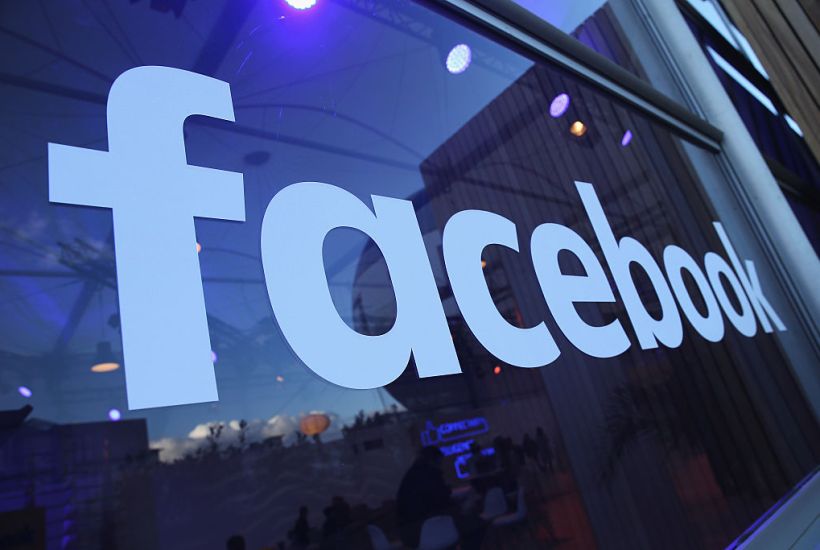In 2021, it’s not uncommon to hope that everyone involved in an argument can lose, or to suspect that pretty much everyone is in the wrong. So it is with the long-running saga involving Australia’s mainstream media outlets, its government, and the tech giants, which has led this week to Facebook banning users from sharing posts from Australian media on its platform.
The ban has been badly implemented: it has led to performative outrage at the apparent censorship from the outlets themselves, and has clumsily also included official government agencies and some of Facebook’s own pages.
But, leaving aside the errors in the rollout, the wails from Australia’s media should be ignored. They have got exactly what they asked for.
The backstory is one playing out across the world: media outlets are struggling to make as much profit as once they did in the internet era. Newspapers used to be the best place to look for a house, to buy a second-hand car, and even to date.
The internet has supplanted papers for all of those tasks, and newspaper owners didn’t wake up to it early enough. Their management model of relentless cuts to extract maximum profits then did not allow the people who did see it coming to actually invest and build the new era of online classified ads.
Faced with that kind of failure, bosses are now blaming the tech giants. While often still extracting profits (by grinding down quality, treating workers badly, and then blaming ‘the internet’ when people stop reading the content that’s left), newspaper proprietors across the world are using their remaining clout to try to persuade their respective governments to make tech giants pay for using their content.
Google is stealing their content by including it in search results, they argue. They should pay for that. Facebook is stealing content by letting users share and discuss it on their site. They should pay for that, too.
This argument has had far more success than it deserves, largely because the tech giants make so much profit overall that they have been able to hand over a few crumbs from the table to shut up old media with semi-voluntary handouts.
This is the approach Google took with Australia, signing a deal to pay Rupert Murdoch’s already profitable News Group, supposedly for spotlighting their content in a little-known feature independent of Google’s core search product. This probably led publishers to expect Facebook to do the same.
Instead, Facebook has called their bluff. Publishers are arguing that letting Facebook users share links to news articles is exploitative and amounts to theft of content. They persuaded their government of that view and had them take action.
So Facebook has taken them at their word and said: okay – we’ll stop that happening, then.
The outlets have got exactly what they supposedly wanted and are absolutely livid about it. How dare Facebook ban vital news sources during a pandemic, they argue. How dare Facebook deny their users the news they need and want?
This is the corporate bosses of news organisations trying to have their cake, eat their cake, and have someone else give them money for both. There is no real basis for saying that letting people share content and links – for free – damages newspapers: it is a bit like saying pub landlords should pay newspapers if their punters discuss a news article at the bar.
But if that’s the argument publishers are making, they have to stick to it: outlets like Facebook can choose to pay up, or prevent news articles being shared on their turf. Demanding that your stories be shared andthat you should be paid for the privilege is nothing more than a shakedown.
News outlets should be careful what they wish for here, too. Tying publications to tech companies to prop up unviable content is not the future of quality news or quality journalism. It risks propping up bad management who squeeze their newsrooms dry and don’t fund the kind of reporting that creates sustainable subscriber bases or attracts quality advertisers. We need to create public service journalism that works for the 21stcentury. Shouting at Mark Zuckerberg for refusing to be the media’s sugar daddy gets us no closer to that – and it’s got to look really quite weird to the public, too.
A climbdown in a few days feels inevitable, but this will be a memorable plateau in the history of stupid clashes of the internet era all the same.
Got something to add? Join the discussion and comment below.
Get 10 issues for just $10
Subscribe to The Spectator Australia today for the next 10 magazine issues, plus full online access, for just $10.




















Comments
Don't miss out
Join the conversation with other Spectator Australia readers. Subscribe to leave a comment.
SUBSCRIBEAlready a subscriber? Log in